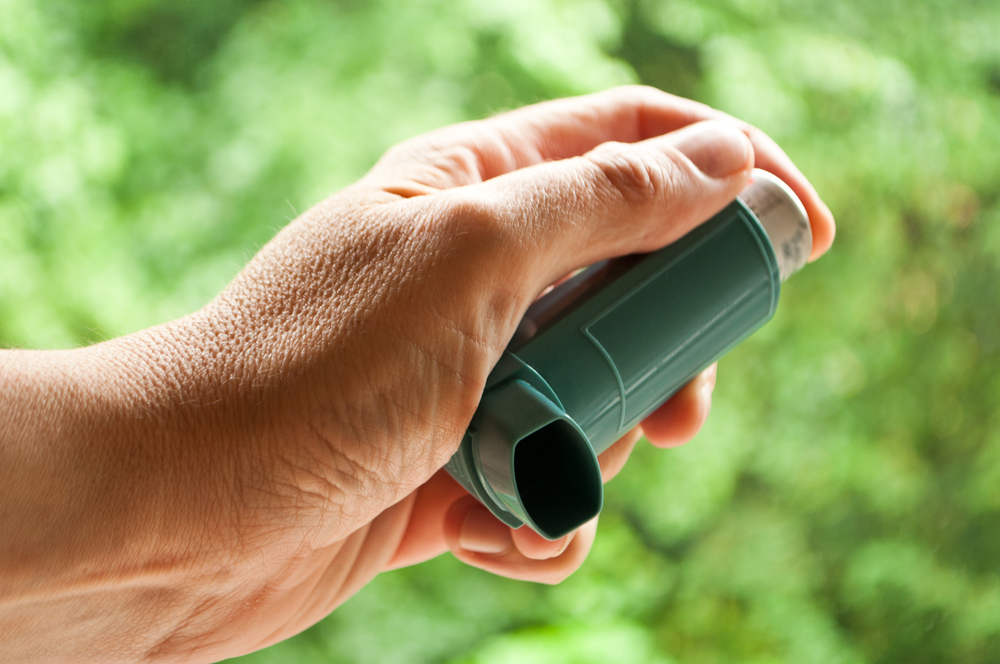Examining the Role of Allergens for Asthma Patients – OROGOLD Reviews
 A number of studies have shown that allergens can prove to be integral sensitizing agents for those who suffer from respiratory disorders such as allergic rhinitis and asthma, issues that are common for people living in a desert environment and a hot climate. OROGOLD Cosmetics reviewed a study that was conducted by researchers working for the Tawam Hospital, UAE. This study performed an analysis of skin prick test reactions in people suffering from asthma in a desert environment and hot climate.
A number of studies have shown that allergens can prove to be integral sensitizing agents for those who suffer from respiratory disorders such as allergic rhinitis and asthma, issues that are common for people living in a desert environment and a hot climate. OROGOLD Cosmetics reviewed a study that was conducted by researchers working for the Tawam Hospital, UAE. This study performed an analysis of skin prick test reactions in people suffering from asthma in a desert environment and hot climate.
OROGOLD discovered that the main objective of this study was to try and determine the relationship between skin test reactivity and lgE antibodies that are specific to allergen in patients suffering from asthma in the given conditions. The researchers conducted a hospital-based prospective study using the Tawam Teaching Hospital as their modus operandi.
The study examined a total of 327 adult patients (210 females and 117 males) suffering from ophthalmologic, respiratory and dermatologic diseases of suspected allergic origin. All patients were subjected to a skin prick test and a radioallegosorbent test. Their blood samples were also taken to measure their specific lgE concentrations.
According to the results of this study, the skin prick test showed that about 75% of the patients tested with positive results while the other 25% of the patients tested skin test negative. The most common reactions in the UAE environment were grass mix, mesquite, date palm, Bermuda grass, cockroach, house dust, cottonwood, kochi, chenopodium, dust mite and date palm. 44% of the patients also showed a positive family history of asthma. Furthermore, the lgE level was strongly associated with a history of allergic rhinitis, wheeze and asthma.
The study finally concluded that hypersensitivity to issues like cockroach, dust mite, pollens and house dust is quite common. Moreover, airborne allergens, family history and the surrounding environment were also identified as risk factors for asthma attacks and the onslaught of other diseases.
This study simply goes on to show just how important it is for people living in a desert climate to avoid hypersensitivity with the help of the right lifestyle, proper skin care routine and healthy habits.

